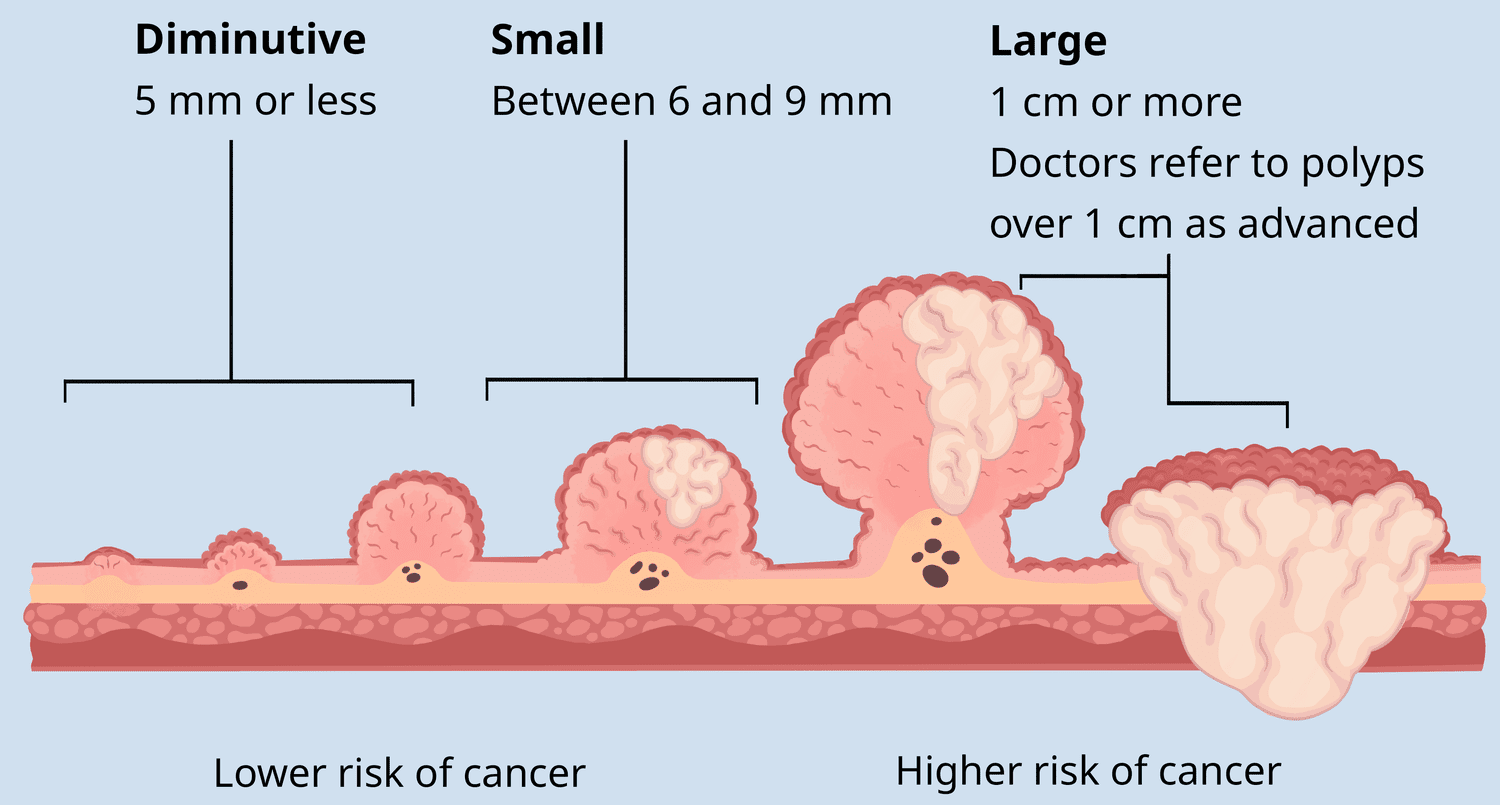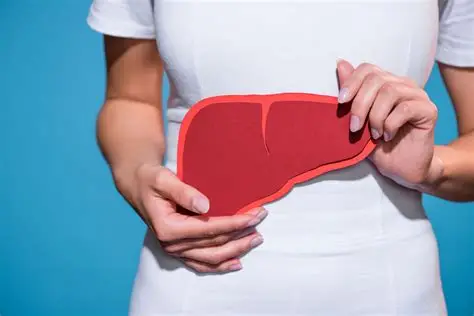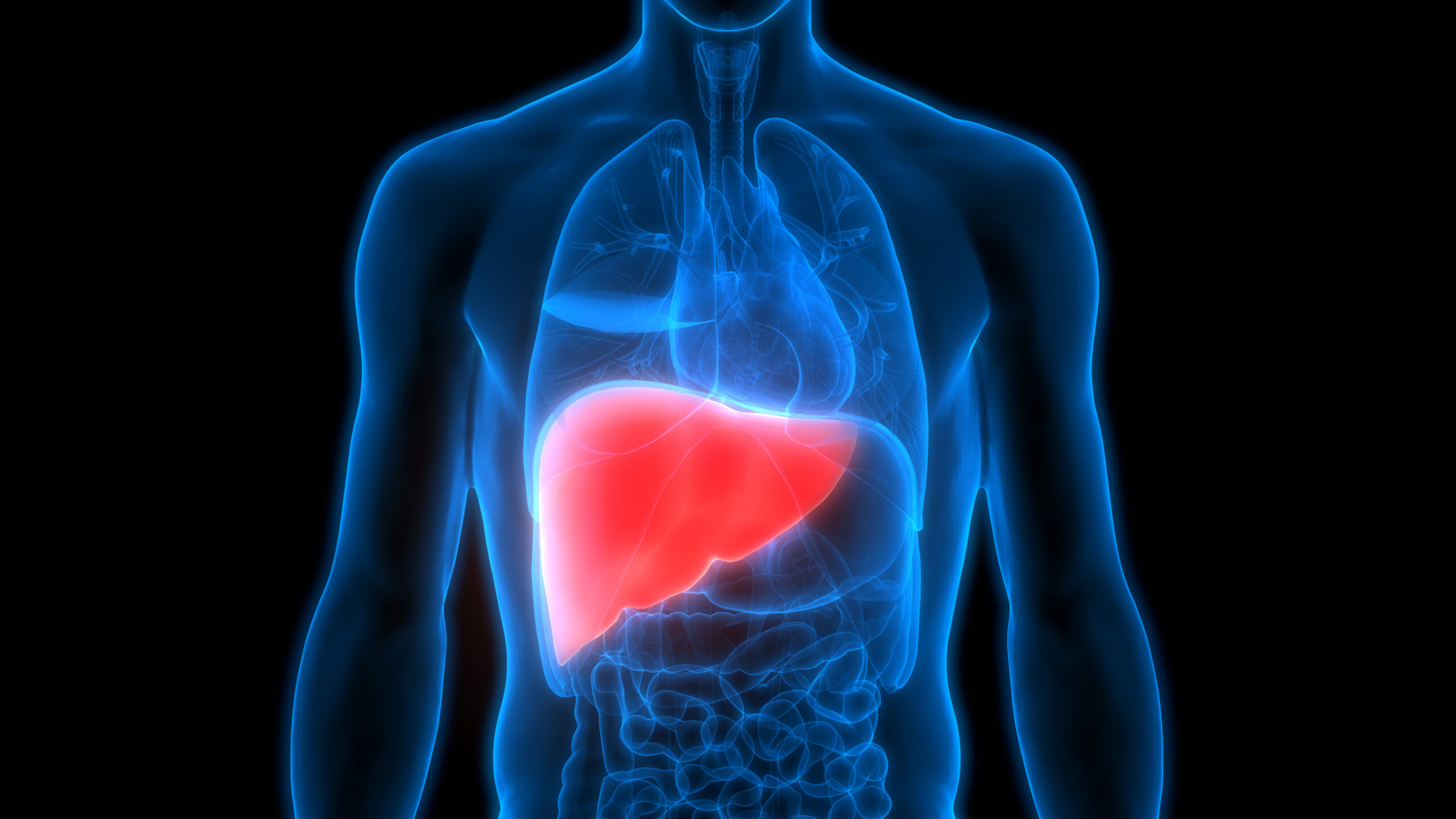- 0 Comments
- Patient Information
Colorectal cancer is the third most common cancer worldwide. Almost 2 million cases are diagnosed every year. It is the second most common cause of death due to cancer, leading to almost 1 million deaths per year. It is estimated that the incidence of colon cancer will increase by almost 50% in the next 20 […]
Learn More


 Get Clinic or Online Consultation
Get Clinic or Online Consultation